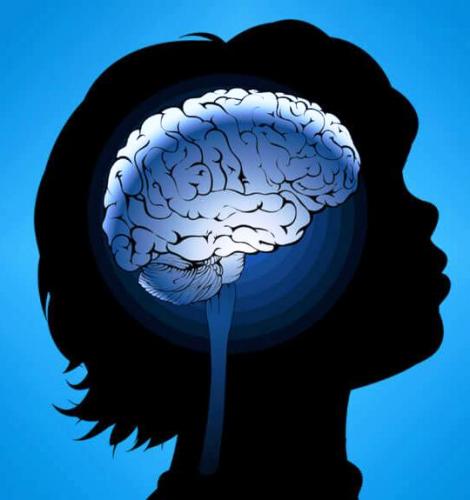Stem cell therapy: A medical breakthrough but surely not a scientific gimmick!

I recently came across an intriguing post on one of the well-acknowledged Facebook groups sharing information on children with special care. The post was shared by a bioethicist, I won’t share his name here though, stating that parents of autistic children are paying a huge sum of money for stem cells therapies that were often used as medical waste. He further stated that he is astonished to see that the marketplace for stem cell therapy still exists and if it does, it indicates regulatory inaction.
Well, different parents had different opinions on the same post, but as a stem cell expert and working in the same industry for the past couple of decades I have an altogether different perception of this.
First of all, it is important to understand that from a conceptual stage to the stage of being considered as an approved drug; every new finding has to cover essentially a long journey. Right from hypothesis to the benchwork to preclinical studies to clinical trials to regulatory approvals; trust me, it is a very long way to go! On the scale, if we check out the status of adult stem cell therapy, it has completed benchwork trials, preclinical trials without any major side effects as well as regulatory obligations. Accordingly, on a usual regulatory path, stem cells therapy can be routinely used in medicine after 20 to 30 years from now! Now is it ethical on parents of autistic children's behalf that they should wait for 20 years from today to get an approved treatment? Isn’t it scarier to wait for the right treatment without doing anything? Sorry, approved treatment is the best fit here.
Diseases like autism have no potential treatment and are always managed with supportive rehabilitative approaches like casein-free diet, gluten-free diet, speech therapy, occupational therapies, etc. And there is no complete evidence acknowledging these therapies as an effective therapeutic solution for children with autism; then why should not one consider stem cell therapy for autism? I mean with the clinical evidence collected so far, it can be readily said that adult stem cell therapy will be beneficial only for regeneration of neurons or lost connection between synaptic gaps! At one point, we accepted that during critical pandemic situations vaccines, emergency drugs are legalized without the need for such a stringent regulatory process. If you go through the list of criteria published by world-renowned organizations like WHO, to determine if it is ethically acceptable to offer unproven interventions outside of research like:
- If no proven effective treatments exist
- It is not possible to initiate clinical studies immediately
- Data providing preliminary support of the intervention's efficacy and
safety are available; at least from laboratory studies, animal studies, etc.
- Adequate availability of resources to ensure that the risks can be minimized
- The patient’s informed consent is obtained.
I truly don’t emphasize here that one should opt for stem cell therapy without understanding its associated facts, like what science is behind the same, which stem cells are the best fit for treating autism spectrum disorders, etc. But the concern here is possible, we can speed up the regulatory process of bringing stem cell technology as a routine procedure, by assessing the safety and feasibility of stem cells.
Findings obtained from small trials for stem cells therapy for autism published in the journal of stem cell translational medicine suggest further that stem cell infusion is completely safe for children with autism. However, the outcome cannot be considered valid because the trial did not enroll the control population but included only 20 autistic children for stem cell therapy. Further to the same, the trends obtained from studies so far are indicative of potential therapeutic benefits; with similar results that were echoed in another study published by scientists from Duke University.
Experts are questioning the price of progress! The primary concern here is that it is not ethical to charge so much from parents for unproven therapies; which is right! But then if we change the lookout and instead of barring the technological and scientific progress; isn’t it right to fund more and more clinical trials on stem cells, and redirect patients to funded clinical trials?
After all, any technology to be implemented in a routine practice requires a positive thought process; adorned with ethical viewpoints for success.
Post Your Ad Here



Comments